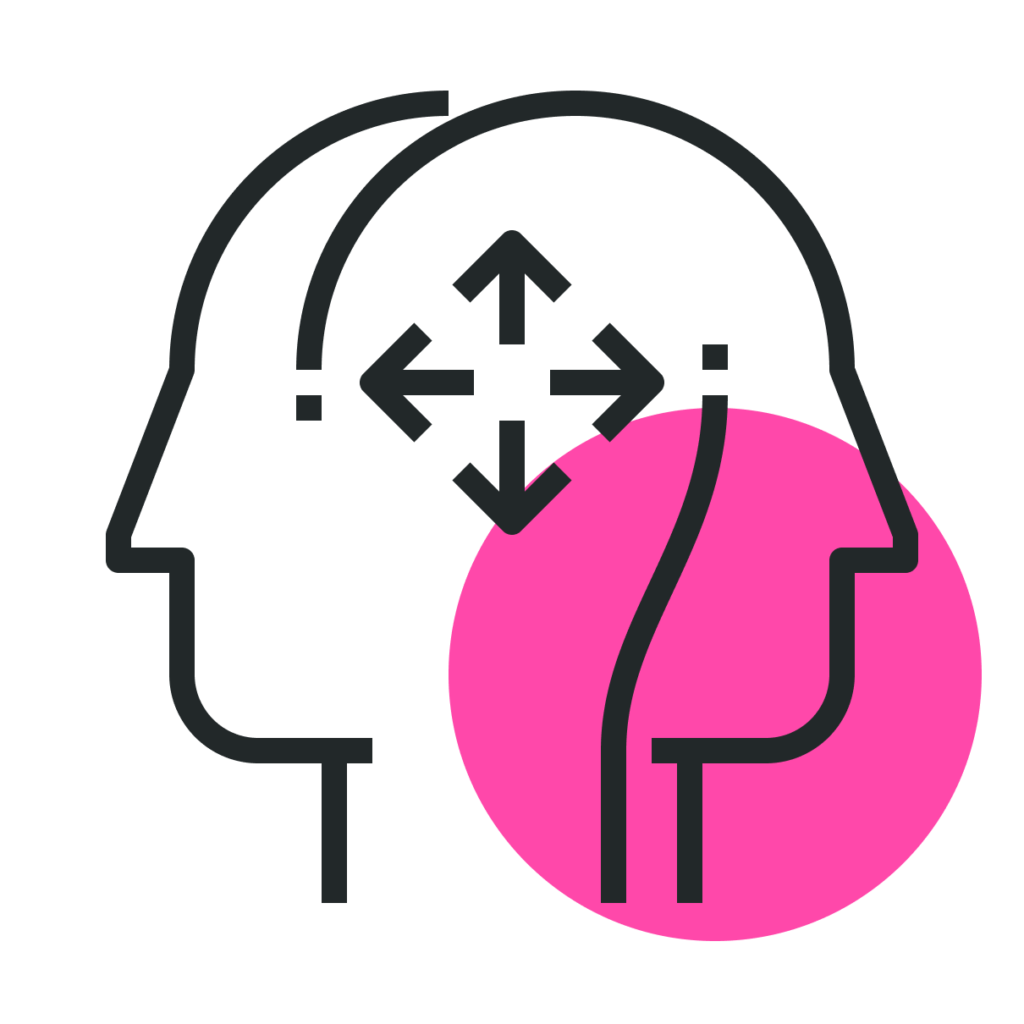Your cart is currently empty!
🎯 Here are some key takeaways:
Be conscious of your biases
Just knowing about illusory superiority can help lessen its impact. When you're aware that you might overestimate your abilities, you're more likely to question your judgments and decisions.
Question personal assumptions
Regularly challenge your own beliefs and assumptions about your skills and knowledge. Seek feedback from your team and be open to the fact that you aren’t as special as you thought.
Prioritize empirical evidence
When making important decisions, rely on data and empirical evidence rather than only intuition or personal belief.
Foster a culture of humility
Encourage an environment where it’s OK to admit mistakes and uncertainties. This helps to show other people on the team that it’s OK to not always be the best.
Be aware of cultural influences
Understand that some cultures might be more prone to this bias due to the emphasis on individual achievement. Pay attention to your team’s cultural makeup to mitigate the effects of illusory superiority.



